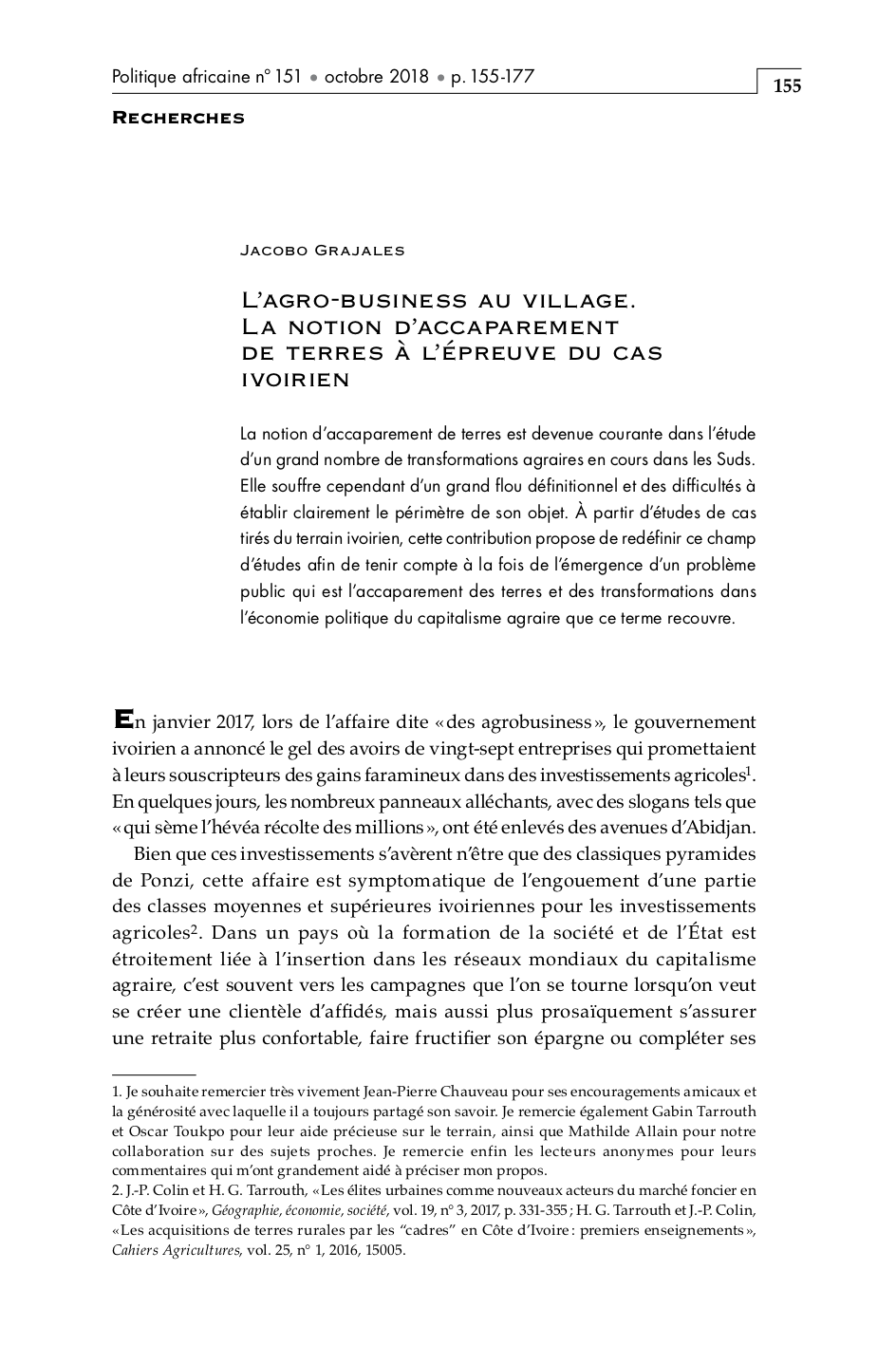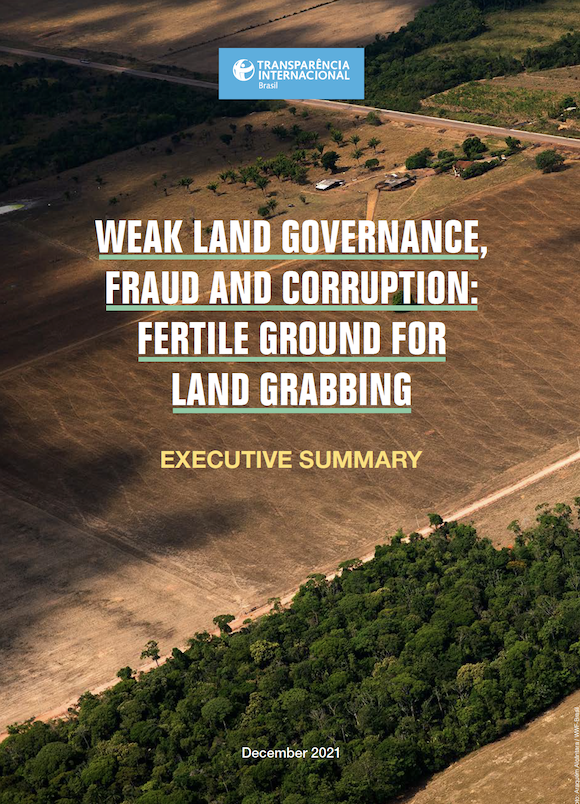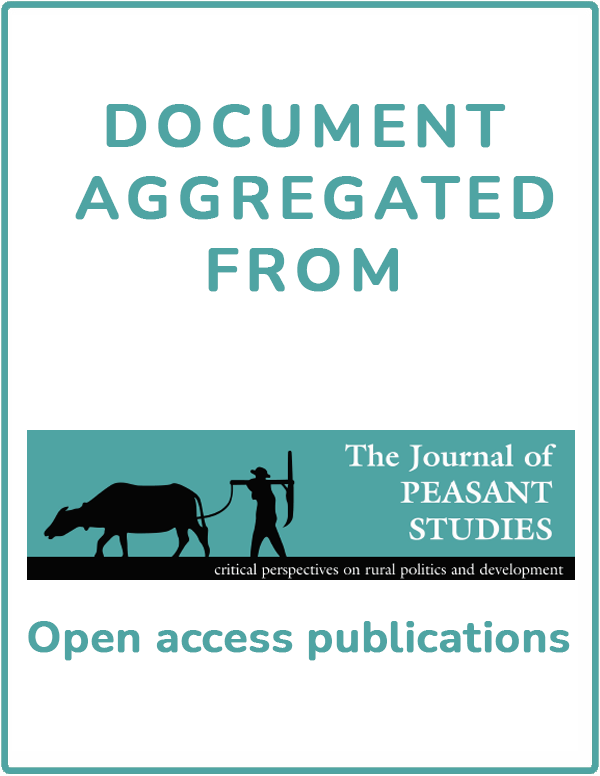“Land Grabbing” in Developing Countries: Foreign Investors, Regulation and Codes of Conduct
The paper discusses the recent developments of FDI in land in developing countries. Three issues are analyzed: the first is the available evidence on the so called “land grab” and the associated question of the role of control on land in the internationalisation of developing countries agricultural production. The focus is on multinational enterprises in agriculture, although analysis of shifting FDI strategies requires value chain considerations. The second issue is the problem of the risks of such large land deals in the context of complex and insecure land rights.






